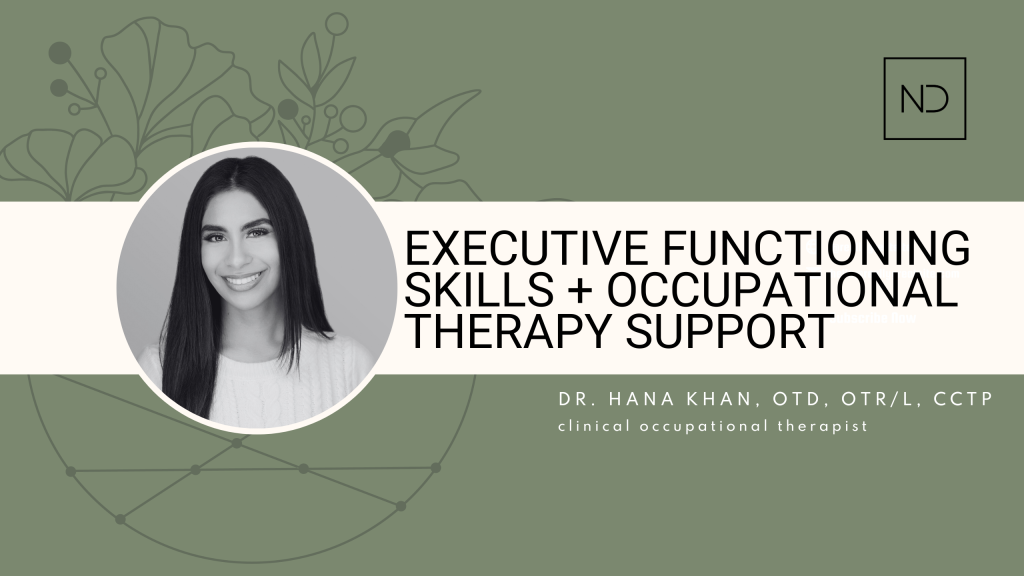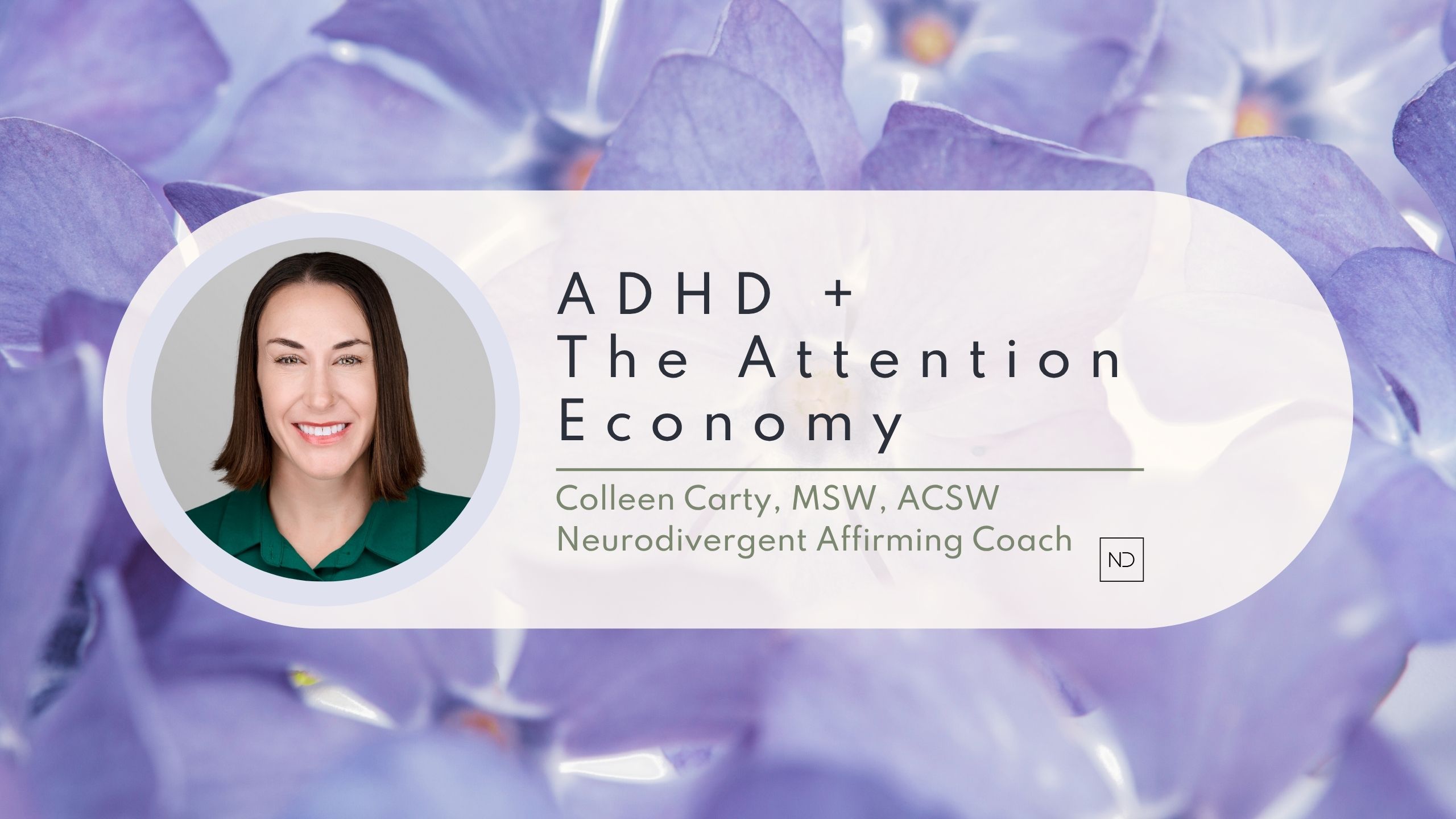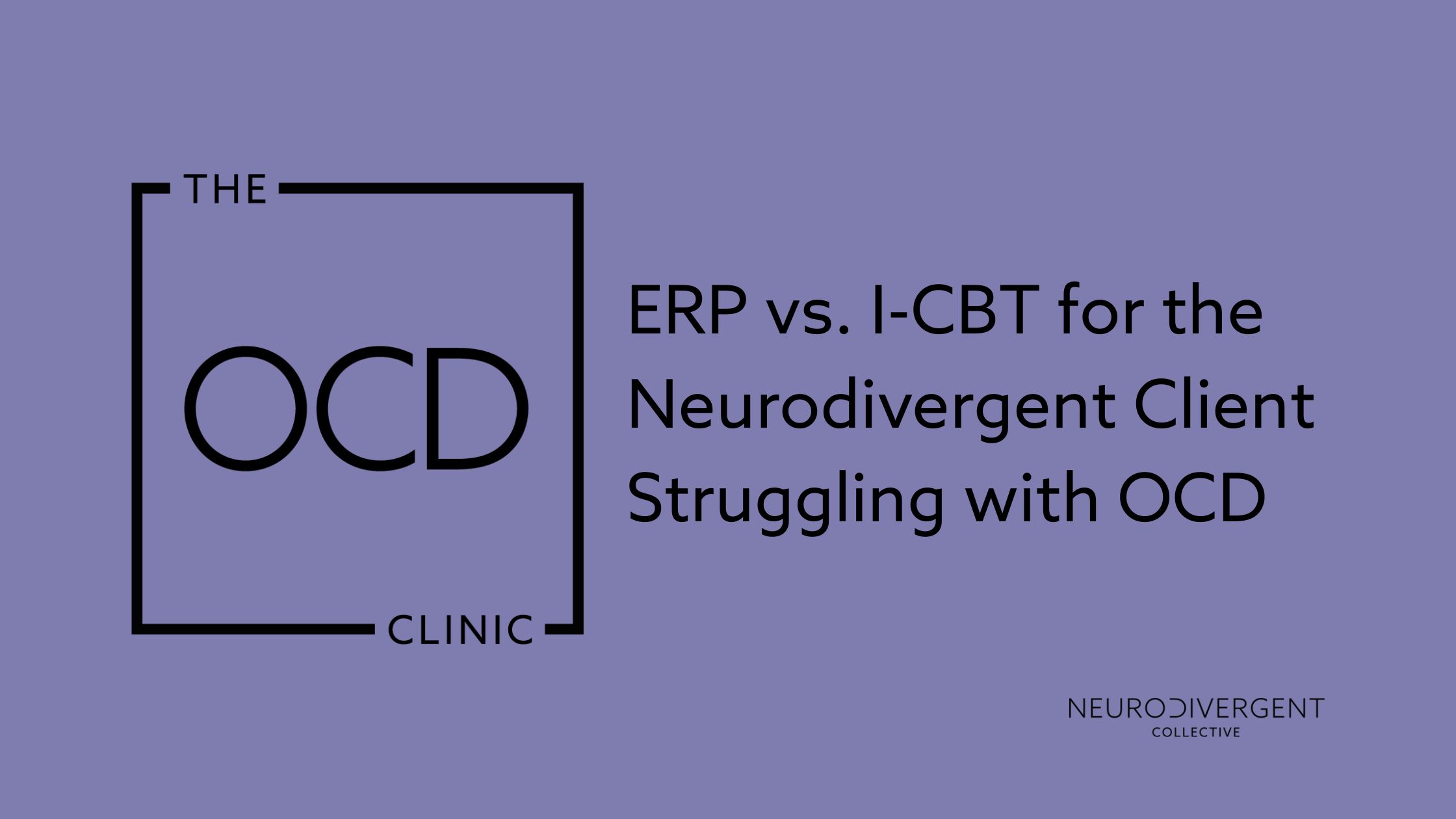
The Therapeutic Power of Lifestyle Design in Occupational Therapy
Written By: Dr. Hana Khan OTD, OTR/L, CCTP
The Therapeutic Power of Lifestyle Design in Occupational Therapy for Mental Health
What distinguishes occupational therapy from traditional health professions is its understanding of the mind-body connection. Rather than viewing individuals’ health and bodies as something that needs to be “fixed,” occupational therapy aims to improve a client’s quality of life, recognizing that health and well-being are equally significant in building a person’s life satisfaction and meaning. What drew me to occupational therapy was its holistic, client-centered approach and its focus on the mind-body connection, considering both health and well-being.
Health is defined as “the absence of illness.” This definition carries bias and does not take into consideration the care that is needed beyond diagnosis. What if someone is diagnosed with a chronic health issue or a congenital condition? They still require a means to perform meaningful occupations in their lives post-diagnosis. Further, their well-being is not necessarily determined by their condition(s) and they remain entitled to happiness and to enjoy their lives, work towards their personal goals, life purpose, and sense of fulfillment. In the same way, a person that is “free from physical ailment,” as per the dictionary definition, may not be satisfied with their life quality and seek improvements in their habits, routines, and mental health in order to promote their sense of vitality. Occupational therapy treats the person as a whole, rather than a series of parts that need to be fixed. Occupational therapists are concerned with an individual’s health AND well-being.
What is Lifestyle Design?
Lifestyle Design is an OT intervention that involves a customized process of evaluating and modifying daily routines and habits to promote healthier, more fulfilling lifestyles. This process is tailored to each individual, considering their unique needs, preferences, and life circumstances. The goal is to create a balanced, meaningful, and sustainable way of living that enhances mental and physical health.
The Foundations of Lifestyle Design
The concept of Lifestyle Design is rooted in several key principles:
- Holistic Approach: It considers all aspects of a person’s life, including work, leisure, self-care, and social interactions.
- Individualized Planning: It is highly personalized, focusing on the specific needs and goals of each individual.
- Empowerment: It empowers individuals to take an active role in their health and well-being by making conscious choices about their daily activities.
- Sustainability: It aims to establish sustainable routines that can be maintained in the long term.
Why is Lifestyle Redesign Important for Mental Health?
- Promotes Balance and Structure
Many individuals with mental health challenges struggle with imbalanced lifestyles, where work, rest, and leisure are not proportionately distributed. Lifestyle Design helps in creating a balanced daily routine, which can reduce stress and anxiety and improve overall mental well-being.
2. Enhances Engagement in Meaningful Activities
Engaging in activities that are meaningful and enjoyable is crucial for mental health. Lifestyle Design focuses on incorporating such activities into daily routines, ensuring that individuals have regular opportunities for fulfillment and joy. This can boost mood, increase motivation, and provide a sense of purpose.
3. Improves Time Management and Organization
Mental health conditions often come with challenges in time management and organization. Lifestyle Design addresses these issues by helping individuals develop effective strategies for managing their time and organizing their daily tasks. This can lead to increased productivity and a sense of control over one’s life.
4. Supports Habit Formation and Maintenance
Forming healthy habits and maintaining them can be particularly challenging for those with mental health issues. Lifestyle Design provides the framework for establishing and maintaining positive habits, such as regular exercise, healthy eating, and adequate sleep, which are vital for mental health.
5. Facilitates Stress Management
A well-designed lifestyle includes effective stress management strategies. Through Lifestyle Design, individuals learn to identify stressors and incorporate activities and techniques that help manage stress, such as mindfulness, relaxation exercises, and time for self-care.
6. Encourages Social Participation
Social isolation can exacerbate mental health problems. Lifestyle Design emphasizes the importance of social participation and helps individuals integrate social activities into their routines. Building and maintaining social connections can provide emotional support and enhance overall well-being.
In the realm of mental health care, Occupational Therapy stands out for its holistic approach. The Lifestyle Design approach emphasizes the transformation of daily routines and activities to improve overall well-being and mental health.
Do you have a question?
Send us a message








